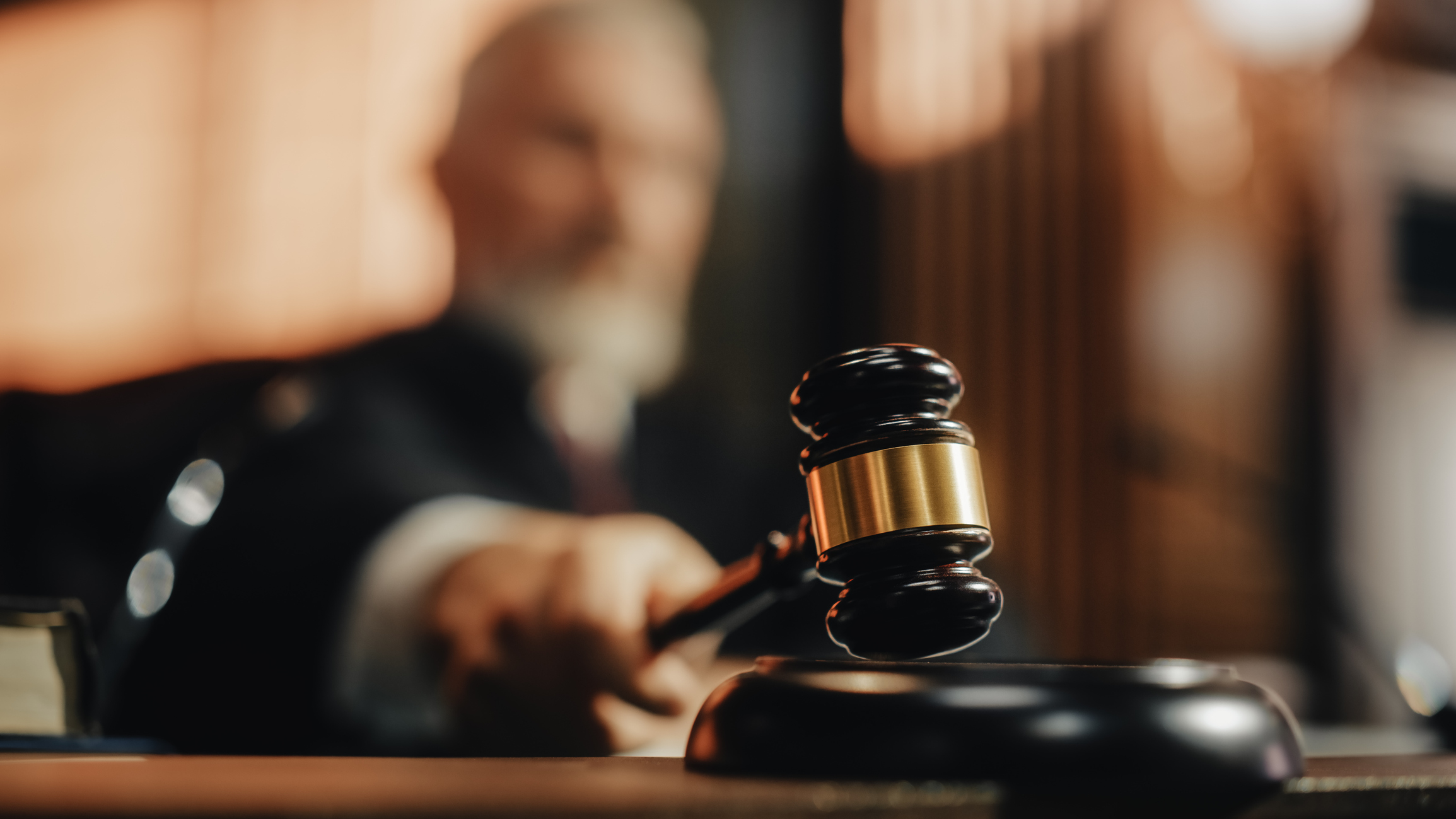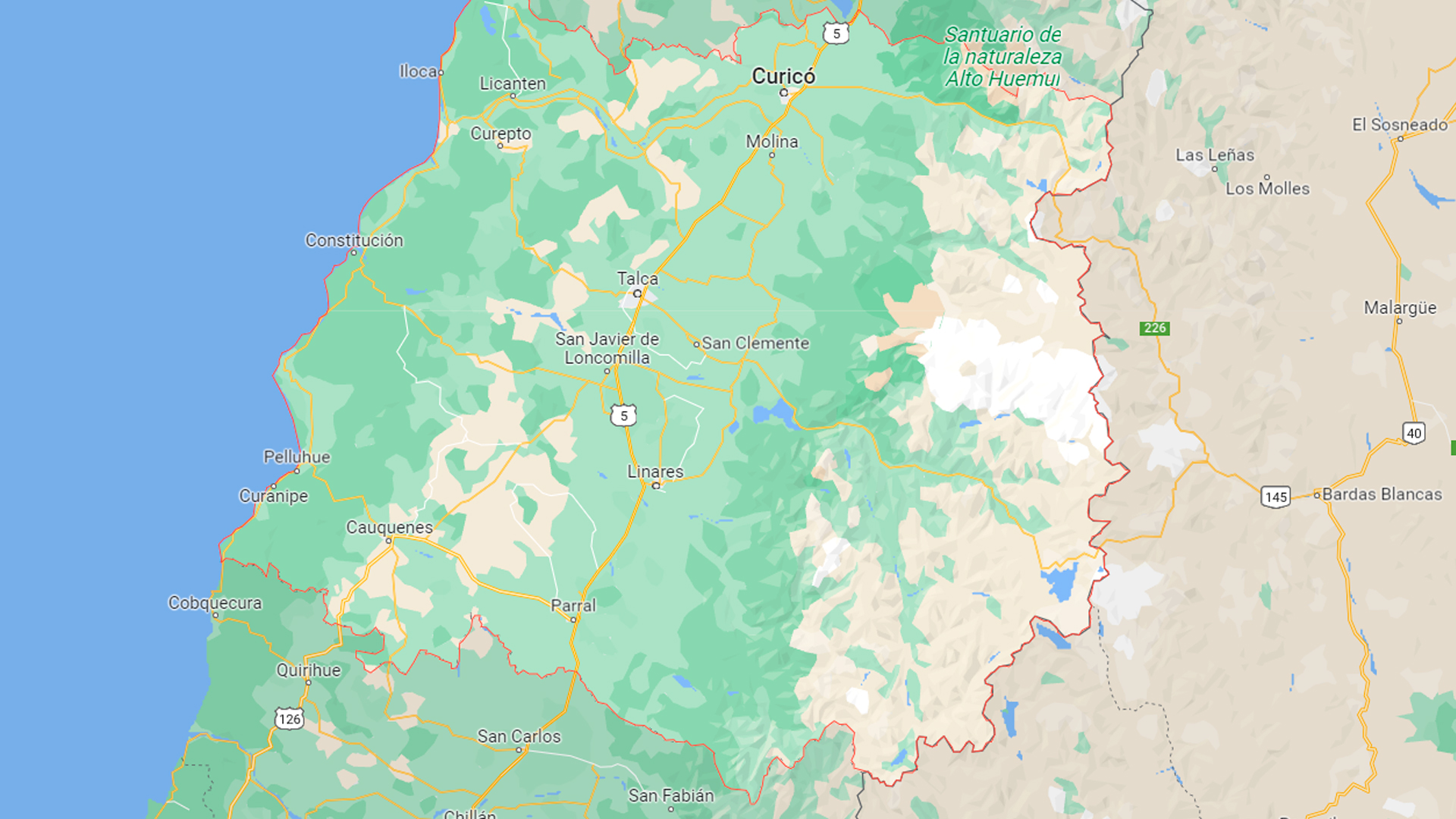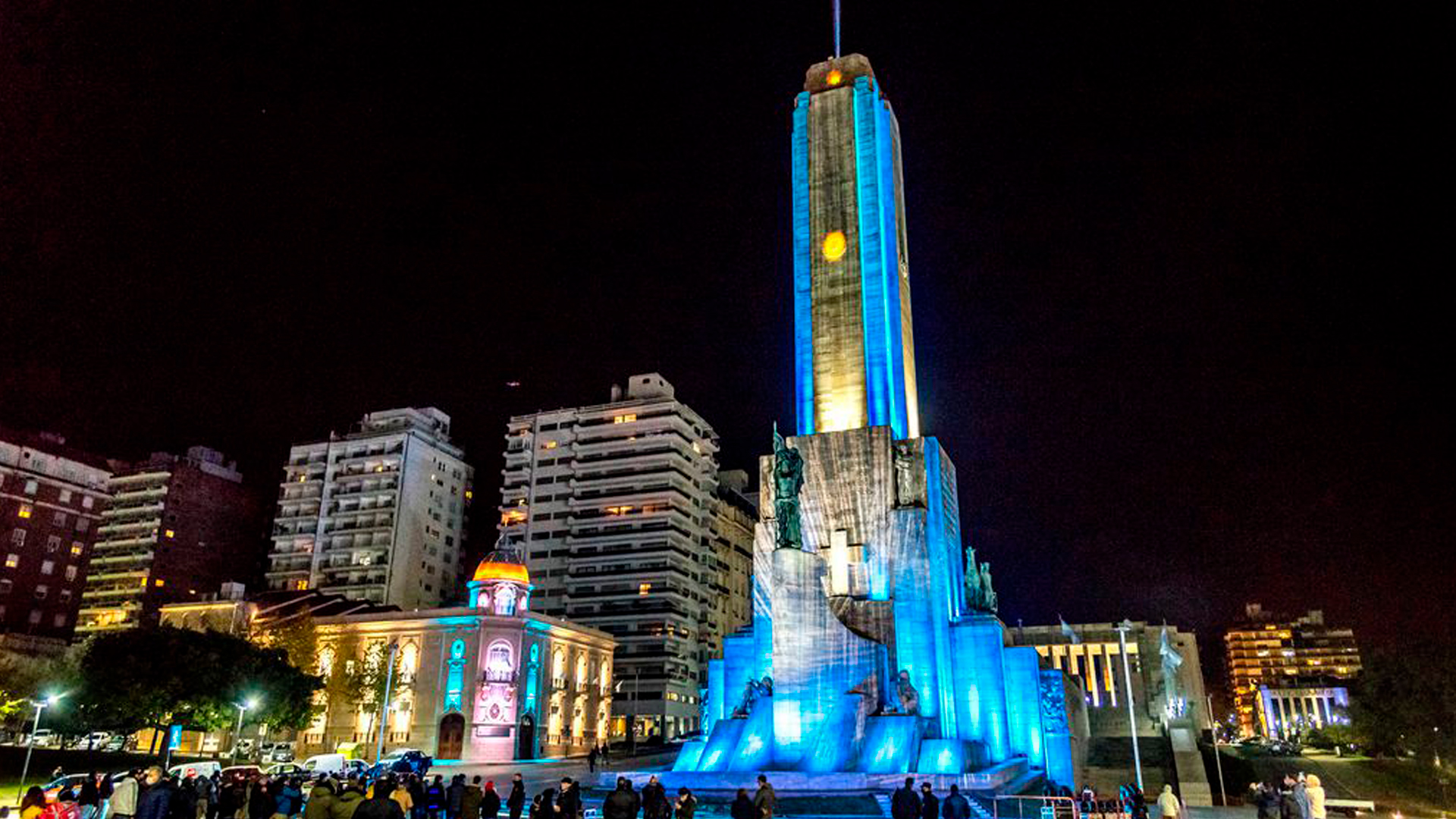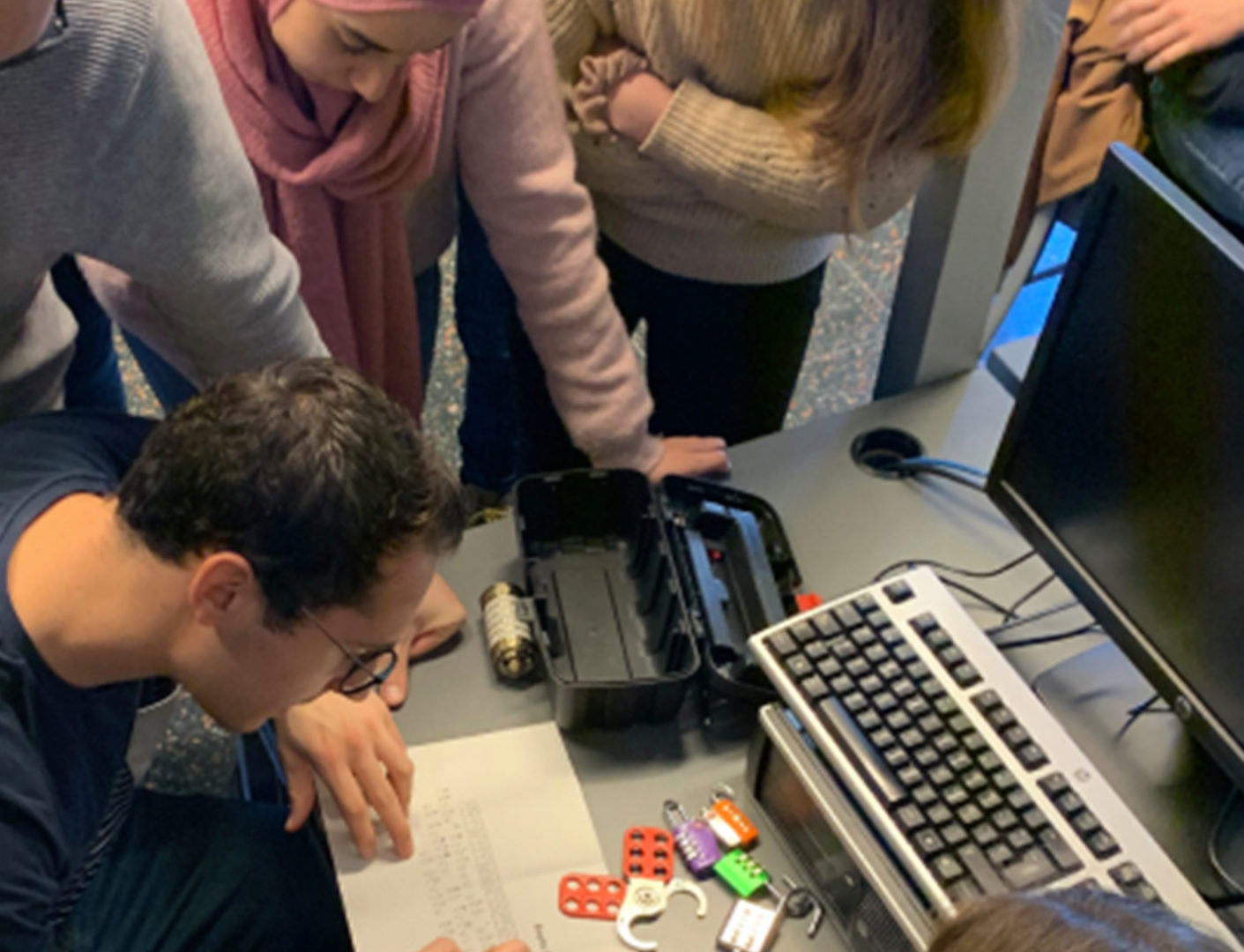Digital Transformation
Classroom Experience
The trial of the Smartphone
Austral University, Buenos Aires, Argentina Show map
This experience was part of the first partial exam in the ICT class. Students divided in groups played the roles of lawyers, attorneys, jurors, witnesses, and public/communicators. The goal was to build a critical view free from the technophobic, technophilic or neutral logic, as well as a framework to analyze the tools we use on a daily basis (the smartphone, technology).
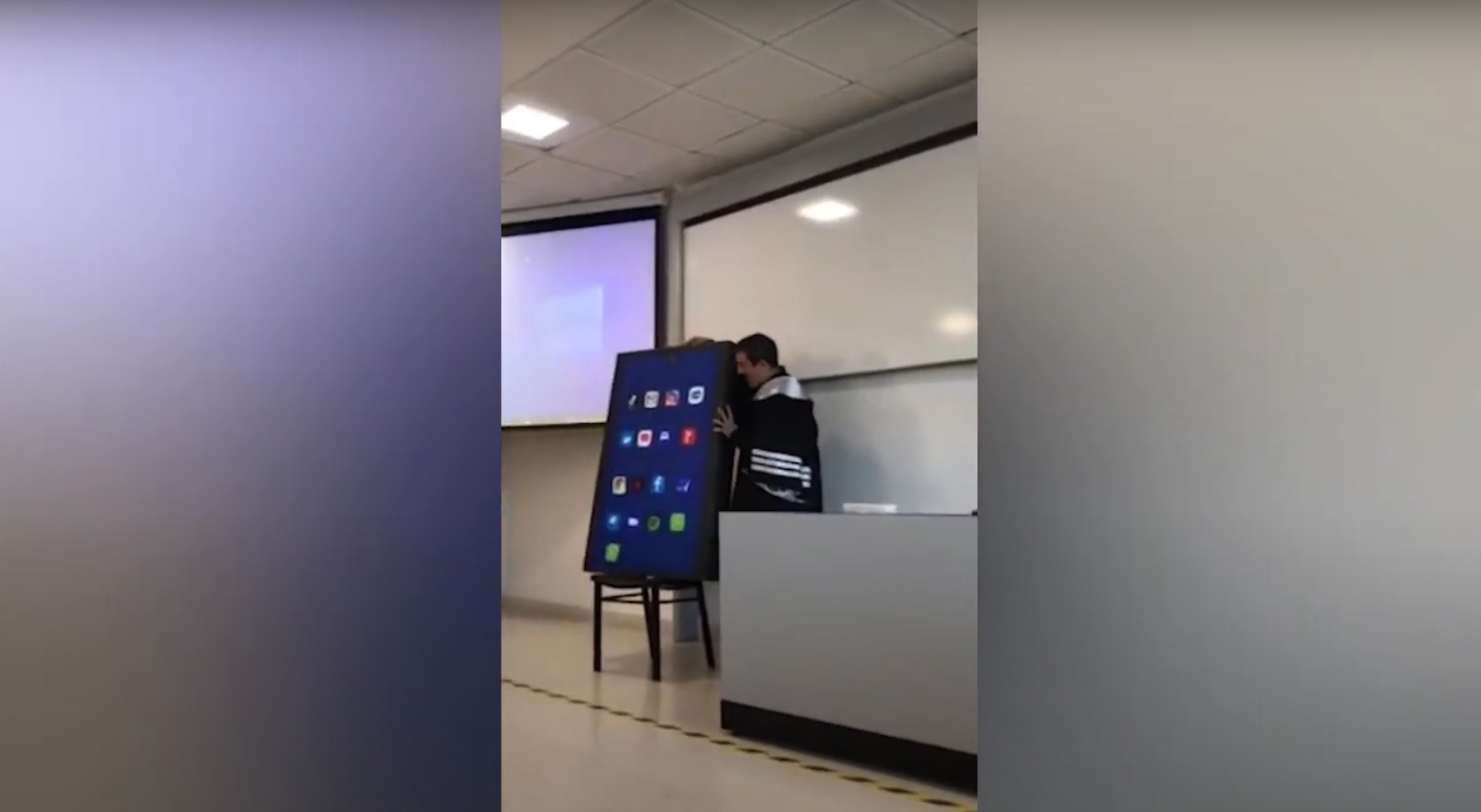
Context
The experience is part of a class exam from the BA in Communication at the Austral University, Buenos Aires.
Highlights...
Students divided in groups were offered material to work and research depending on their assigned roles and teams.
Apart from the classroom, the used scenarios were social media platforms such as Instagram, Tik Tok and Twitter.
Though other people outside this class did not participate actively in the proposal, they were able to learn about it, comment, interact and intervene through social media.
Objectives
Didactic sequence
1
![]()
Theoretical Material
Students were given theoretical material on society and technology to be used in their argumentation, debates, and role development.
2
![]()
Division in Groups
The class was divided in small groups of 11; the role assignment was made by drawing lots: Lawyers, Attorneys, Jurors, Witnesses, and Public/Communicators.
3
![]()
Staging of the smartphone trial
The proposal is 3 hours long with some breaks in the middle so that the professor can provide assessment and guidance.
4
![]()
Reassessment of the experience with the whole group
The experience is socialized by sharing perceptions, relevance of arguments and development of groups, and by visualizing social media content.
Assessment and conclusions
Successes
Students' enjoyment and motivation are regained. A different classroom organization is proposed: "relaxing" the class with a didactic proposal.
Argumentation and group skills are developed, and students get prepared for future employment.
The whole university is involved and engaged, since it was tagged in the social media contents created during the trial, with the goal of making this experience visible and representative of the university.
Things to improve
The activity is about 3 hs long due to the number of groups that need to play a specific role in the trial. Think about the possibility of dividing the experience in two parts, with the risk of losing the thread and the generated atmosphere.
Think about this as a proposal open to the university (irrespective of the social media contents created).
Carry out personalized group assessment, focusing more on the group rather than individual roles.
The professor in charge, Francisco Albarello, acts as the Judge assessing, encouraging debate, arranging questions, and correcting some of the presented ideas/concepts. Then he carries out individual assessment.

Take this experience to your classroom!
Tips to adapt the experience to your classroom
1
Adaptable
Can be adapted to a written, paper, or virtual format, video call or face-to-face (the latter option is the one described here).
Links
Pedagogical links


